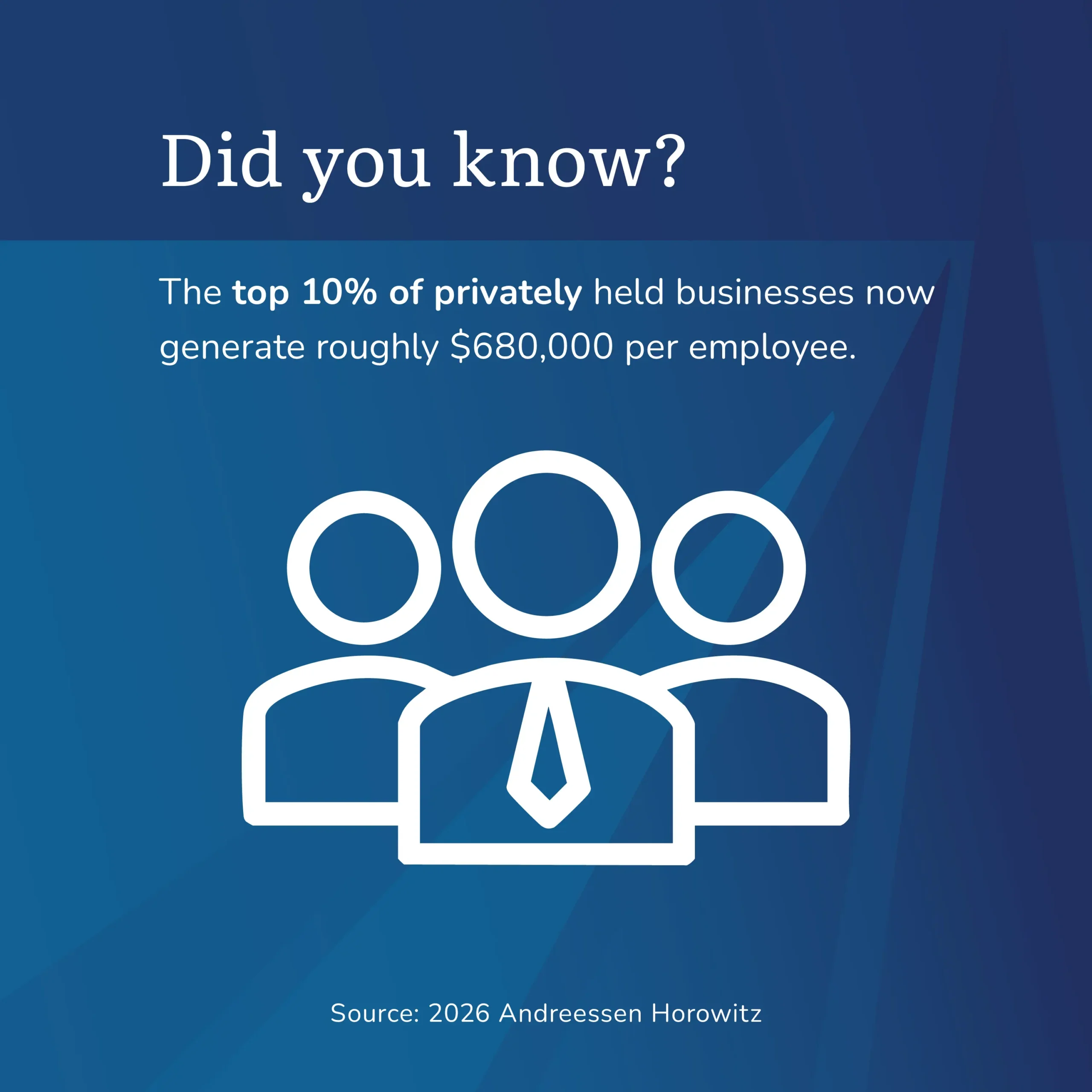Estate Planning for Online Accounts & Digital Media
We tend to overlook the amount of information and possible assets we have located on the web – social media and networking websites (Facebook, Instagram, LinkedIn), frequent flier miles, online credit card and bank accounts, subscriptions, photos, etc. What happens to all of this information and store of value when we pass away? Most family members may not have a clue what we have floating out in cyberspace but there are a few actions you can take in advance to make this easier for your loved ones to navigate.
Make a list of everything you access online and the login credentials
In addition to having your estate planning documents in order, it may make sense to have a list of online accounts that should be shut down in the event of death and provide this to a trusted family member or attorney. In order to close email accounts, a death certificate will need to be provided and this can be a long difficult process.
Accounts such as Amazon, iTunes, and PayPal may have monetary value stored on the apps which could be passed to heirs, for example, a very large iTunes music collection or accumulated gift card balances.
Facebook accounts can also be difficult to completely remove, but if a family member or friend has access to the password for the account, they could go in and delete the account. The current Facebook policy regarding the death of a family member is to memorialize the account — certain private information is removed from public view and the page becomes accessible only to friends. Deleting the account totally is more difficult. Facebook allows you to name a “legacy contact” which is a person that you select to care for your account after you pass away and the account is memorialized. Other social media accounts may provide similar options so you may want to check into what each site offers.
Twitter has strict privacy policies, and will rarely allow anyone to access the account belonging to someone who is deceased without a death certificate, power of attorney, a court order or an executor’s testament. You can contact Twitter about a deceased user or media concerning a deceased family member by following this link: https://help.twitter.com/en/rules-and-policies/contact-twitter-about-a-deceased-family-members-account
Determine what you would want done with each account and put it in writing
Creating a digital will can help avoid these issues. This will appoint someone as an online executor and state formally how you would like your profiles to be handled. The easiest way for the online executor to take action would be to provide them with a list of all websites and give them access to your login credentials once you are gone. State in your will that the online executor should receive a copy of your death certificate before the credentials can be released. Remember to update your credentials periodically if you make changes or update passwords.
One way to do this if you don’t want anyone to have access to your information while you are alive is to give someone a password to a file that another person holds securely and the person with the file can only open it when provided with your death certificate. Basically the person with the file does not have the password and the person with the password has no access to the file. The person with the file could be your attorney and the person with the password could be a family member.
Assign someone you trust to serve as your online executor
Deleting accounts can be tricky for family members if they don’t have your login credentials. Each website has their own requirements and legal process for dealing with death which can be quite cumbersome for family members. How do you want to protect your legacy and your privacy?
What can you do if there is no documentation?
If no documentation has been left by the deceased individual, email may be a good place to start as this could lead to clues on other accounts they may have. If you do have access to their email account, it may make sense to keep email accounts open for a while as you will be able to monitor received emails. You can also look through saved or archived emails and potentially find username and password confirmations or be able to send the lost passwords for other accounts to that email address. That said, the article below states: “Laws on both state and federal levels prohibit unauthorized access to computer systems and private personal data. These laws serve to protect consumers against fraud and identity theft, but they also may create virtually insurmountable obstacles for family members trying to gain access to the digital assets and information of a deceased loved one. The law is evolving to keep up with the rapidly changing online world, but much in this area is still unclear. For that reason, it’s essential to ensure that your estate plan gives your fiduciaries the authorization they need to access any necessary digital data.”
Looking through credit card statements can also be helpful in determining any active online accounts which may be paid for by automatic debits such as iTunes or Netflix subscriptions.
Since planning for online accounts is a relatively new development, speak to your attorney about the best way to handle your current situation as each state and each website has its own legislation on who can legally access your online information.
https://www.fidelity.com/viewpoints/wealth-management/estate-planning-for-digital-assets
Categories
Recent Insights
-

Name, Image, and Likeness: The Financial Playbook Every Athlete Needs
In 2021, college sports entered a new era. The introduction of Name, Image, and Likeness (NIL) rights gave student-athletes the ability to earn money through endorsements, sponsorships, and social media partnerships. For many young athletes, this was the first time their talent could translate directly into financial opportunity. But with opportunity comes responsibility—and complexity. NIL…
-

Talk Your Chart | The Productivity Shift Reshaping Earnings, Jobs, and Market Performance | Ep. 76
Episode 76 of Talk Your Chart looks at the productivity shift reshaping earnings, jobs, and market performance. Marcos and Brett dig into new data showing how companies are generating more revenue with fewer employees, why margins remain resilient, and what that means for markets moving forward. They also unpack shifts in the labor market, the…
-

Turning Your IRA into a Legacy: How a Donor Advised Fund Can Amplify Your Impact
What if your retirement savings could do more than secure your future—what if they could create a lasting impact on the causes and communities you care about? For many families, naming a donor advised fund (DAF) as the beneficiary of an IRA is a purposeful strategy that makes this possible. Retaining Influence Over Your Charitable…
-

Just Because You’re Over 50 Doesn’t Mean You Have To Invest In Bonds
There’s no universal rule that investors in their 50s should start investing in bonds—asset allocation should be driven by an individualized financial plan.
-

Protect Profits and People: The Top 3 Risk Management Strategies for Your Business
Running a business is about more than day-to-day operations — it’s about protecting the hard work you’ve invested and the people who make it possible. Business owners face the dual challenge of maintaining profitability while creating a workplace where employees feel valued and secure. Smart companies understand that risk management and employee retention are interconnected.…
